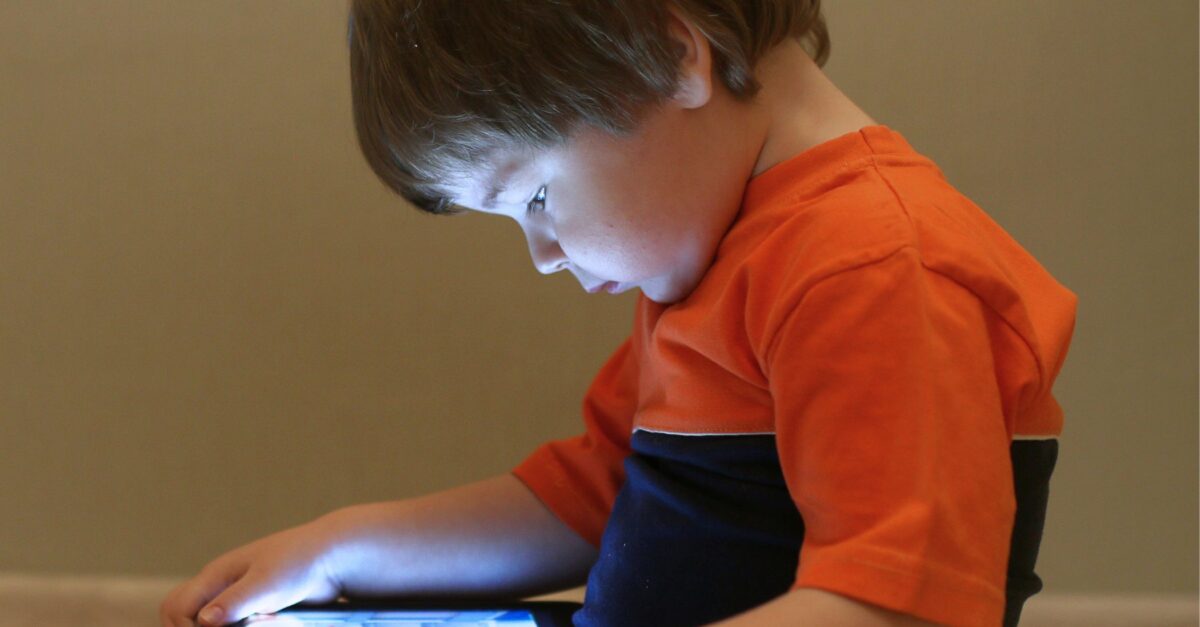Introduction
The rise of digital platforms has revolutionized the way we consume entertainment, with comedy content gaining immense popularity. While humor plays a crucial role in social bonding and mental well-being, concerns have emerged about the type of comedy available online and its impact on children. With unrestricted access to various online platforms, children are exposed to dark humor that may include inappropriate language, offensive jokes, or themes that shape their perceptions in unintended ways. This blog explores the latest controversy surrounding comedy content, its psychological and behavioral effects on children, and what research says about the influence of online media.
The Changing Landscape of Comedy Content
Traditional comedy was often filtered through television networks, where strict content regulations applied. However, the rise of platforms such as YouTube, TikTok, and Instagram has provided creators with more freedom, leading to an influx of unregulated content. While some content is family-friendly, a significant portion contains sarcasm, dark humor, or themes that may not be suitable for young audiences.
In recent years, controversies have erupted over comedians and influencers producing content that crosses ethical boundaries, with critics arguing that such content normalizes bullying, insensitivity, and problematic humor. This has sparked debates about the role of digital platforms in moderating content and the responsibilities of parents in guiding children’s online consumption.
How Comedy Content Affects Children
1. Cognitive and Emotional Development
Humor is an essential part of a child’s development, helping with cognitive flexibility and stress management. However, exposure to inappropriate comedy—such as content that promotes stereotypes, insults, or desensitization to serious issues—can affect children’s emotional intelligence.
Research has time and again reported that aggressive humor positively predicts cyberbullying perpetration and negatively predicts cyber-defending. When children see people mocking others aggressively, they think its ok as everyone does it.
2. Moral and Ethical Development
Comedy content can subtly shape moral reasoning in young minds. By normalising profanity, we are doing much harm as media influence on children depends more on the type of content that children find attractive than on the sheer amount of time they spend in front of the screen.
Research indicates that the type of media content children consume significantly influences their development, often more so than the amount of screen time. Exposure to certain comedic content, such as satire or dark humor that mocks authority figures or marginalized groups, can lead to desensitization and affect moral reasoning. The content type can lead to:
-
Desensitization to Violence and Suffering: Regular exposure to dark humor, especially content that trivializes violence or suffering, can lead to moral disengagement and reduced empathy. A study highlighted that individuals who find gratuitous violence humorous may exhibit higher levels of moral disengagement and desensitization.
-
Normalization of Inappropriate Behavior: Humor targeting specific groups or authority figures can normalize disrespectful attitudes and behaviors in young audiences. This normalization may lead to the internalization of biased perspectives and reduced sensitivity to the implications of such humor.
3. Behavioral Changes and Imitation
Children often emulate behaviors observed in their favorite influencers or comedians, including rude, offensive, or exaggerated humor. This imitation can manifest in their social interactions. Research indicates that children are inclined to mimic behaviors they see online, underscoring the importance of positive content and role models.
Additionally, studies have found that teenagers often mimic social media influencers to achieve a sense of belonging, which can influence their behavior.
Therefore, when influencers or comedians engage in disrespectful or exaggerated humor, children may adopt similar behaviors in social settings.
4. Desensitization to Harmful Content
Another concern is the desensitization effect, where repeated exposure to crude or offensive jokes reduces emotional sensitivity to important social issues. Existing research does highlight connections between certain humor styles and empathy levels in children:
-
Aggressive Humor and Empathy: A study found that children who frequently use aggressive humor—which often involves mocking or belittling others—tend to have lower levels of empathy. This suggests that engaging in or being exposed to such humor may diminish a child’s ability to empathize with others.
-
Humor Styles and Perspective-Taking: Research indicates that children’s use of different humor styles is related to their capacity for empathy and perspective-taking. Specifically, positive humor styles are associated with higher empathy, while negative styles, such as aggressive humor, are linked to lower empathy.
While these studies do not directly address desensitization from exposure to certain types of humor, they suggest that the nature of humor children engage with or observe can influence their empathetic development. Repeated exposure to humor that trivializes serious social issues could potentially lead to reduced sensitivity toward those issues, affecting children’s emotional responses and moral reasoning.
Parental Guidance and Digital Literacy
Given these potential effects, parents and educators must play a proactive role in helping children navigate online comedy content responsibly.
1. Encouraging Critical Thinking
Teaching children to analyze and question content helps them differentiate between positive humor and problematic content. Discussing the intention behind jokes and their possible impacts can help children develop a more nuanced understanding of comedy.
2. Using Parental Controls and Content Filters
Many platforms, including YouTube Kids and Netflix, offer parental control settings that filter age-appropriate content. Setting up these controls can reduce exposure to harmful content while still allowing access to healthy humor.
3. Promoting Healthy Comedy Consumption
Parents can introduce children to comedians and content creators who focus on positive, inclusive humor. Shows like Bluey or Sesame Street incorporate humor in ways that promote learning and empathy without reinforcing negative stereotypes.
Conclusion
While comedy is a valuable and necessary part of entertainment, its impact on children must be carefully considered. Unregulated access to inappropriate humor can influence children’s cognitive, moral, and social development in negative ways. Research underscores the need for parental guidance, critical media consumption, and platform responsibility to ensure that children benefit from humor without being exposed to harmful effects. Encouraging age-appropriate and positive comedy can help nurture a generation that enjoys humor while maintaining empathy and ethical awareness.
References:
- Alexandra Maftei, Cornelia Măirean. Not so funny after all! Humor, parents, peers, and their link with cyberbullying experiences,
Computers in Human Behavior, Volume 138, 2023, 107448, ISSN 0747-5632. https://doi.org/10.1016/j.chb.2022.107448. - Rajaram, S. (2022, July 7). When does a sense of humor become unhealthy? Psychology Today.
- Dionigi, A., Duradoni, M., & Vagnoli, L. (2023). Understanding the association between humor and emotional distress: The role of light and dark humor in predicting depression, anxiety, and stress. European Journal of Psychology, 19(4), 358–370.
- Martínez Allué, M., & Martín-Cárdaba, M. Á. (2024). Kidfluencers: An analysis of the communication strategies of child influencers on YouTube and TikTok and their impact on children’s audience. Visual Review: International Visual Culture Review / Revista Internacional de Cultura Visual, 16(5), 261–270.
- Lajnef, K. (2023). The effect of social media influencers on teenagers’ behavior: An empirical study using cognitive map technique. Current Psychology.
- Halfpenny CC, James LA. Humor Styles and Empathy in Junior-School Children. Eur J Psychol. 2020 Mar 3;16(1):148-166.

Akanksha Sharma
Dr. Akanksha Sharma, Head Writer and creator of AtoZ of Pregnancy, is dedicated to empowering women, parents, and families through 360-degree knowledge. She and her team provide evidence-based advice to guide families through pregnancy, parenting and beyond.






